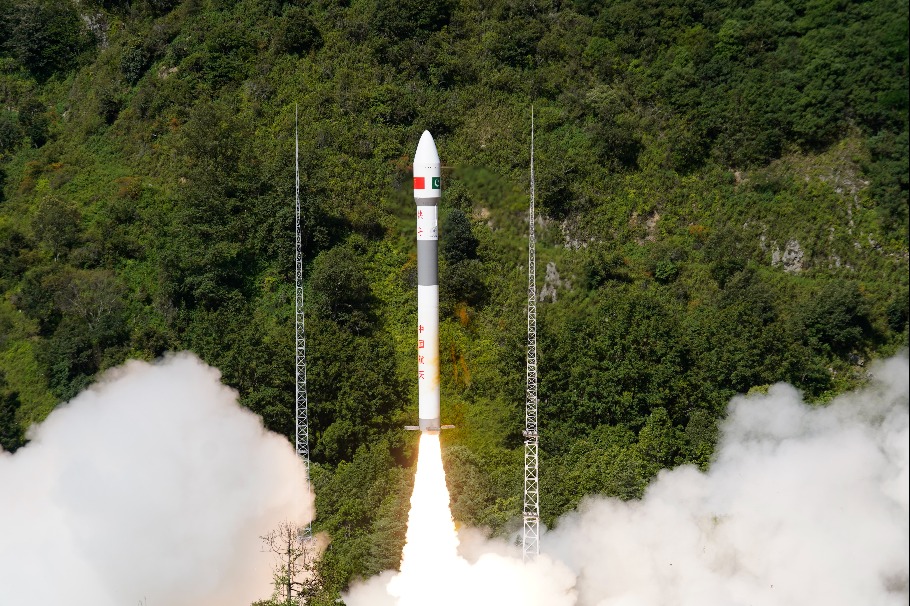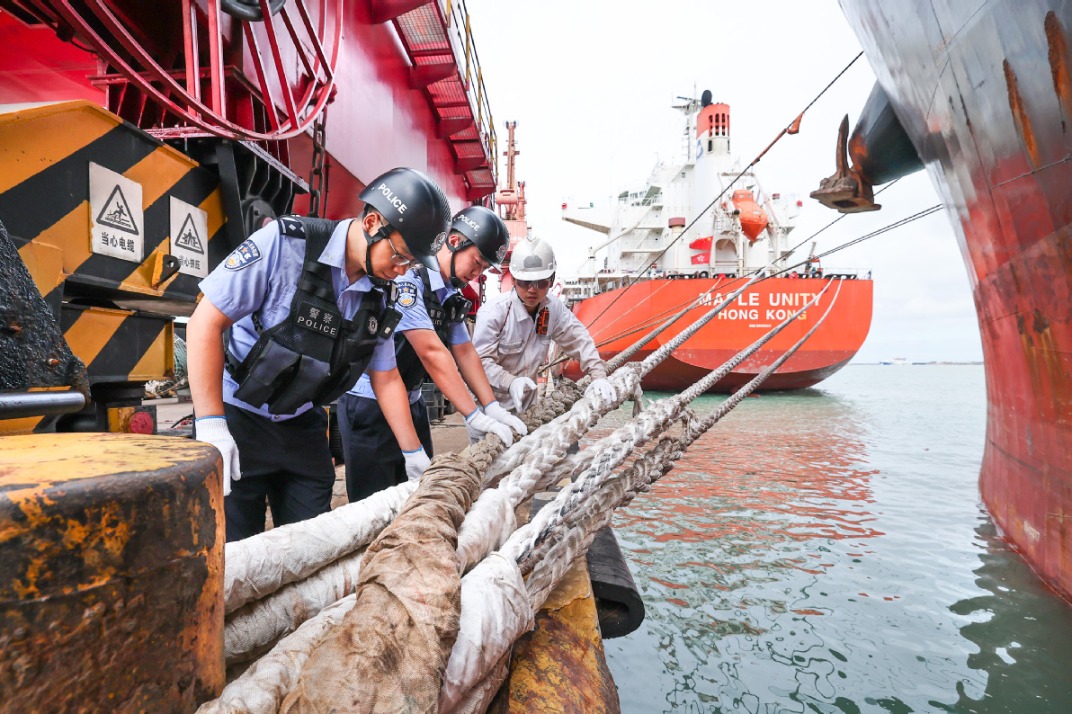New drug that helps prevent RSV in infants approved in China

AstraZeneca and Sanofi jointly announced on Tuesday that Beyfortus, a long-acting monoclonal antibody, was approved in China for the prevention of respiratory syncytial virus (RSV) lower respiratory tract infection in infants entering or during their first RSV season.
The Beyfortus injection is expected to be available in the Chinese market during the upcoming 2024 to 2025 RSV season, said the companies.
RSV is a common and highly contagious seasonal virus. It is the most common cause of lower respiratory tract diseases, such as pneumonia and bronchiolitis, in infants, and is also a leading cause of hospitalization in infants. China holds a high prevalence of RSV infections.
Iskra Reic, executive vice-president of vaccines and immune therapies at AstraZeneca, said: "Beyfortus represents the first opportunity to prevent serious respiratory disease due to RSV for all infants in China. The science that Beyfortus is built on demonstrates the company's leadership in addressing the needs of vulnerable populations and reducing the infectious disease burden on healthcare systems."
Beyfortus was approved in the European Union in October 2022 for the prevention of RSV lower respiratory tract diseases in newborns and infants during their first RSV season, and received approval from the United States Food and Drug Administration in July 2023. Regulatory applications are also currently under review in Japan and several other countries.
- PLA celebrates 98 years, vows strength and readiness
- Fun on tap: Qingdao beer tent vibes
- German youngsters experience Torch Festival in Yunnan province
- Free nucleic acid screening for Chikungunya fever launched in Foshan township
- UN officials visit Fudan University to promote AI cooperation
- Beijing's Miyun Reservoir working smoothly despite record inflow of water





































